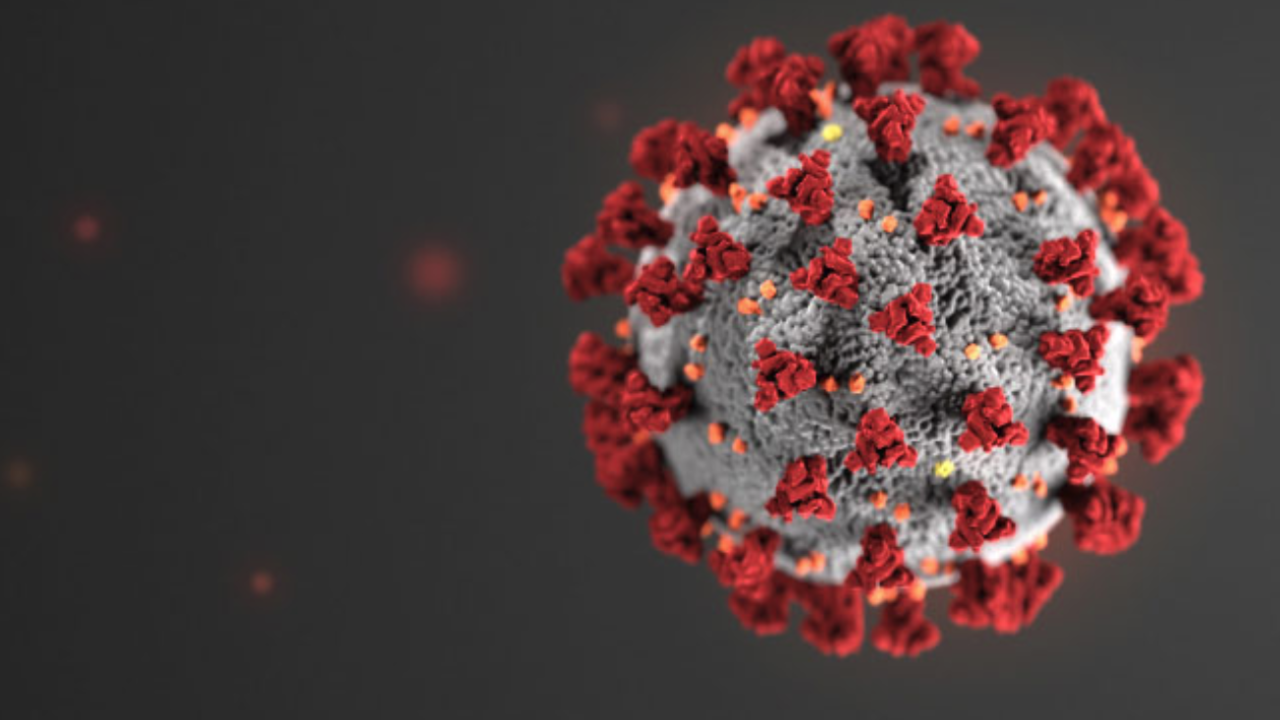(WXYZ) — Researchers have successfully created a nasal spray that fights COVID-19, at least in animal trials. The spray is in the first stage of development.
It could potentially be produced using infrastructure that is already in place for flu vaccines, but I don’t want to put the horse before the cart, as the saying goes, there is still more research to be done. Now, the scientists collaborating on these trials are from Lancaster University in England as well as the Texas Biomedical Research Institute here in the United States.
They gave two doses of the experimental vaccine to rodents via a nasal spray and this produced antibody and T-cell responses in the animals. The response was so strong that it suppressed the coronavirus and it didn’t allow infections to develop elsewhere in the body. The researchers saw a major reduction in inflammation, lung pathology, and clinical disease in the animals.
The nasal spray vaccine is actually based on the Newcastle Disease Virus. That’s a poultry virus which can reproduce in humans, sounds worrisome but it’s harmless. The scientists took this poultry virus and engineered it to create spike proteins. We know that spike proteins are what the coronavirus uses to enter human cells. Basically, this engineered poultry virus tricks the body into thinking it has the coronavirus, which then kicks the immune system into gear to fight it off.
The nasal spray actually stopped the rodents from shedding the coronavirus. When a person sheds the virus, it basically means that they are able to spread the virus to others.
There are advantages to a nasal spray if this is eventually proven to be effective. First off, it’s non-invasive and anyone who is afraid of needles would likely be ecstatic to have a nasal spray option. It would also be a good alternative for people who have blood clotting co-morbidities. And it likely would be a low-cost option for the developing world. But, as I said earlier, more research is needed. Even though this experimental vaccine showed much promise in animal studies, we have to see how it works in humans. Because we know that just because it works in animals, does not mean it will work in people.



